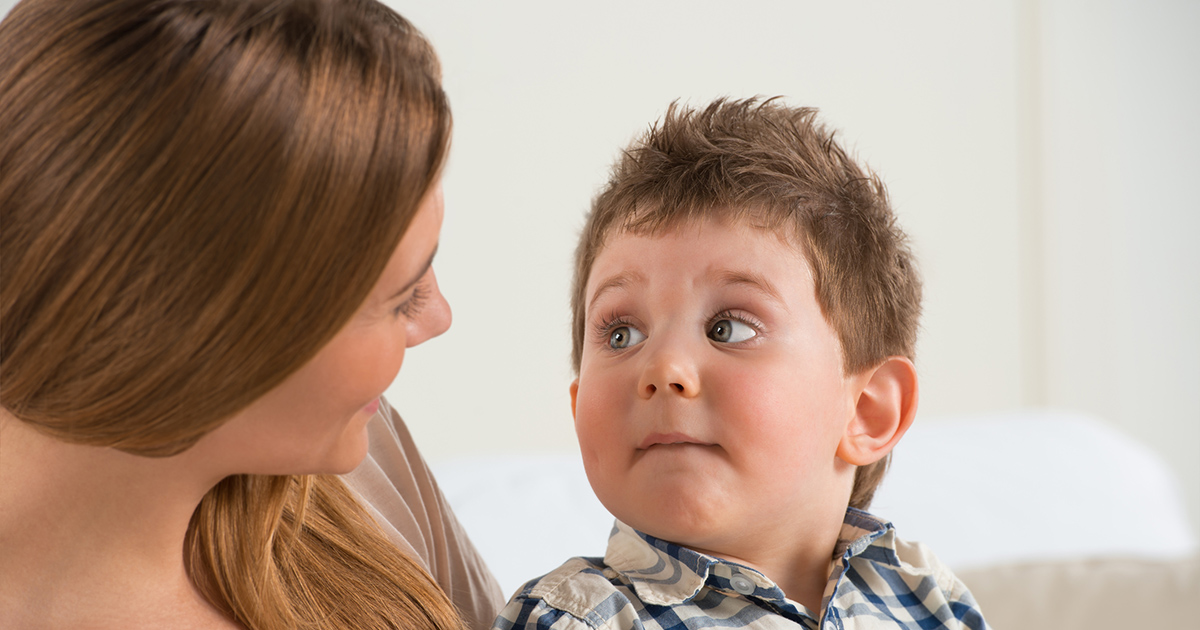Tips On How To Help Your Child Develop A Positive Self-Esteem
Why Specific Praising Is The Route To Take

Specific praising - which is recommended by child psychologists as the right way to praise children - focuses on the details, the effort, and challenges the child had to overcome to achieve their goal and receive positive praises from their parent. Specific praising fills in the gaps for the child as to why they are receiving praise and how they can replicate it in the future. For instance, try saying, “I know you didn’t win this week, but you scored two more goals than last week because you practiced more this week!” rather than the global praise of “I know you didn’t win, but you’ll win next time.” Specific praising teaches a child that working hard, being responsible, and doing what is deemed ‘good’ is a great thing, and therefore they do not need others to know they’ve done an excellent job, as they can see it themselves. Compared to global praise, being specific also teaches children there is nothing wrong with failure, as failure is what teaches them about success - a fundamental skill they will need as an adult.
Acknowledge Your Child’s Feelings

If your child comes to you to discuss a self-esteem issue, bullying, or about anything they may be feeling during this time, it is essential you hear them out and listen to why they are feeling the way they do. Listening to what they are feeling will help you identify the underlying problem and offer an effective solution. Reassure them it is okay for them to be experiencing these emotions and that it is healthy to talk about it with a trusted adult or peer to find a solution to their problem and be able to solve it, thus moving on in life. Comforting your child and talking about these issues with them will help make the problem seem less daunting, teach your child healthy ways to cope with challenges in life, and show them how to communicate and problem solve efficiently as they get older.
